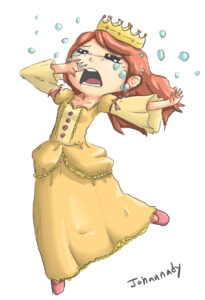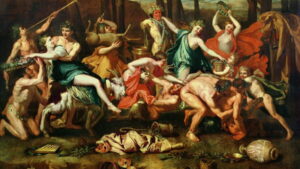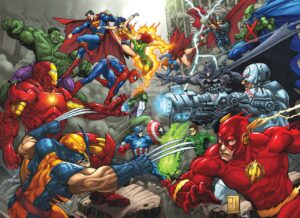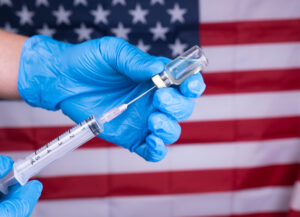 The Tolstoy entry in our shortcut to the classics series.
The Tolstoy entry in our shortcut to the classics series.
P&C drink and review Old Rasputin, by North Coast Brewing Company, then review a short novel by Leo Tolstoy. Literary contributor Longinus joined in this podcast.
Ivan Ilyich seems like a decent man. When he’s tempted to think he’s not living his life the way he should, he scoffs. He does what’s expected of him, and observes all the proprieties!
But when he suffers an injury that slowly and inexorably leads to his death, he suffers a terrible battle with his conscience.
This short, dark story is worth a read, and some reflection.
 Why are some people drawn to constant, unsolvable emotional crises?
Why are some people drawn to constant, unsolvable emotional crises? Was it a good thing for society?
Was it a good thing for society?  The boys take a look at people who dress up as cartoon animals
The boys take a look at people who dress up as cartoon animals  An old friend and podcast fan answers some of P&C’s questions
An old friend and podcast fan answers some of P&C’s questions  Why are comic book superheroes so popular?
Why are comic book superheroes so popular?  Finally, a true dog whistle.
Finally, a true dog whistle.  The boys open the mail bag and answer some interesting questions.
The boys open the mail bag and answer some interesting questions.  Does the federal government have the authority to mandate the vaccine?
Does the federal government have the authority to mandate the vaccine?  Is it okay for parents to scare their children straight?
Is it okay for parents to scare their children straight?  Where did we get the idea of re-animated corpses?
Where did we get the idea of re-animated corpses?  Just in time for Halloween, the boys review a classic horror story
Just in time for Halloween, the boys review a classic horror story